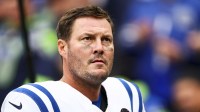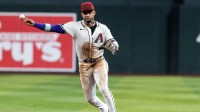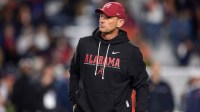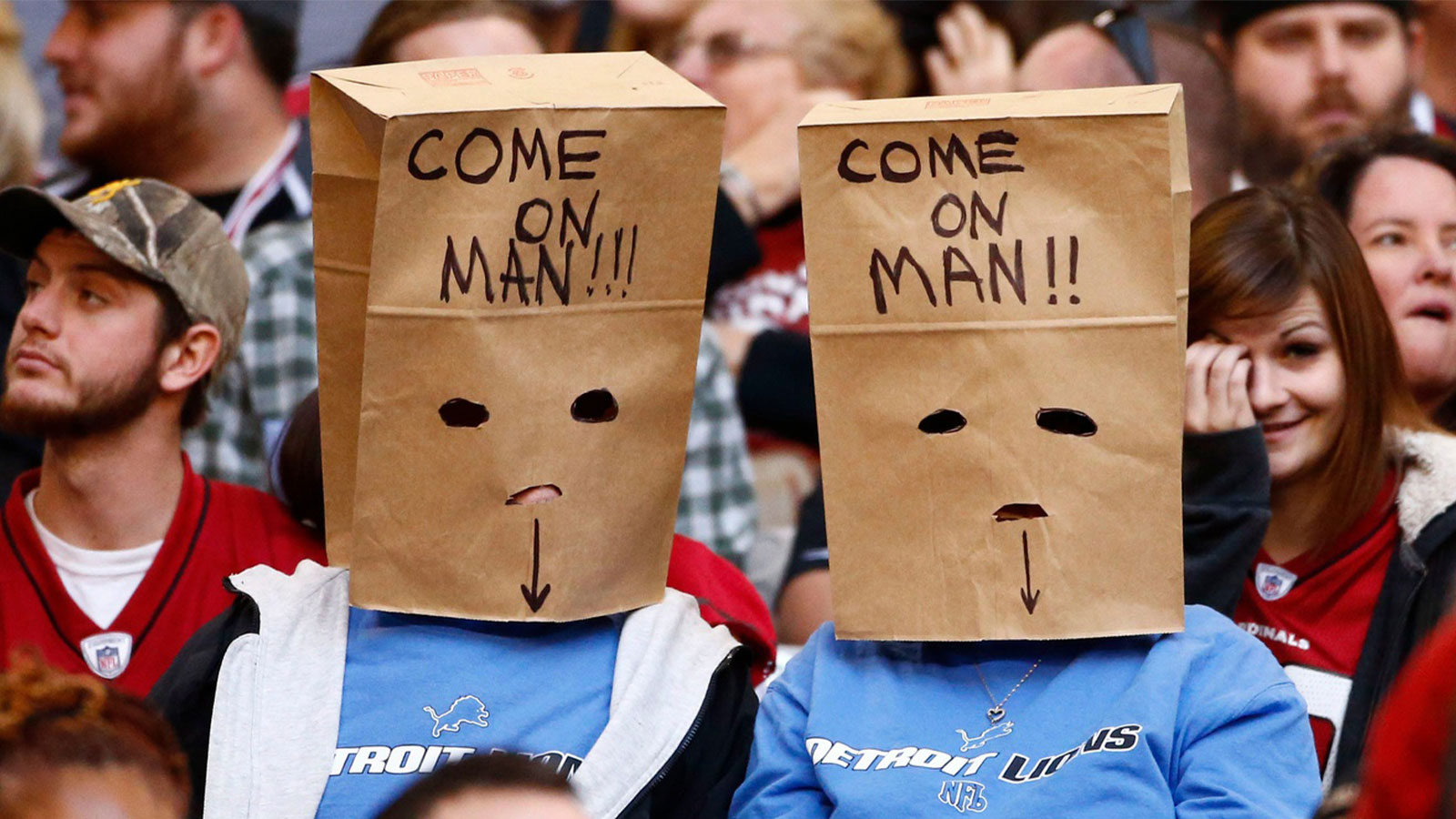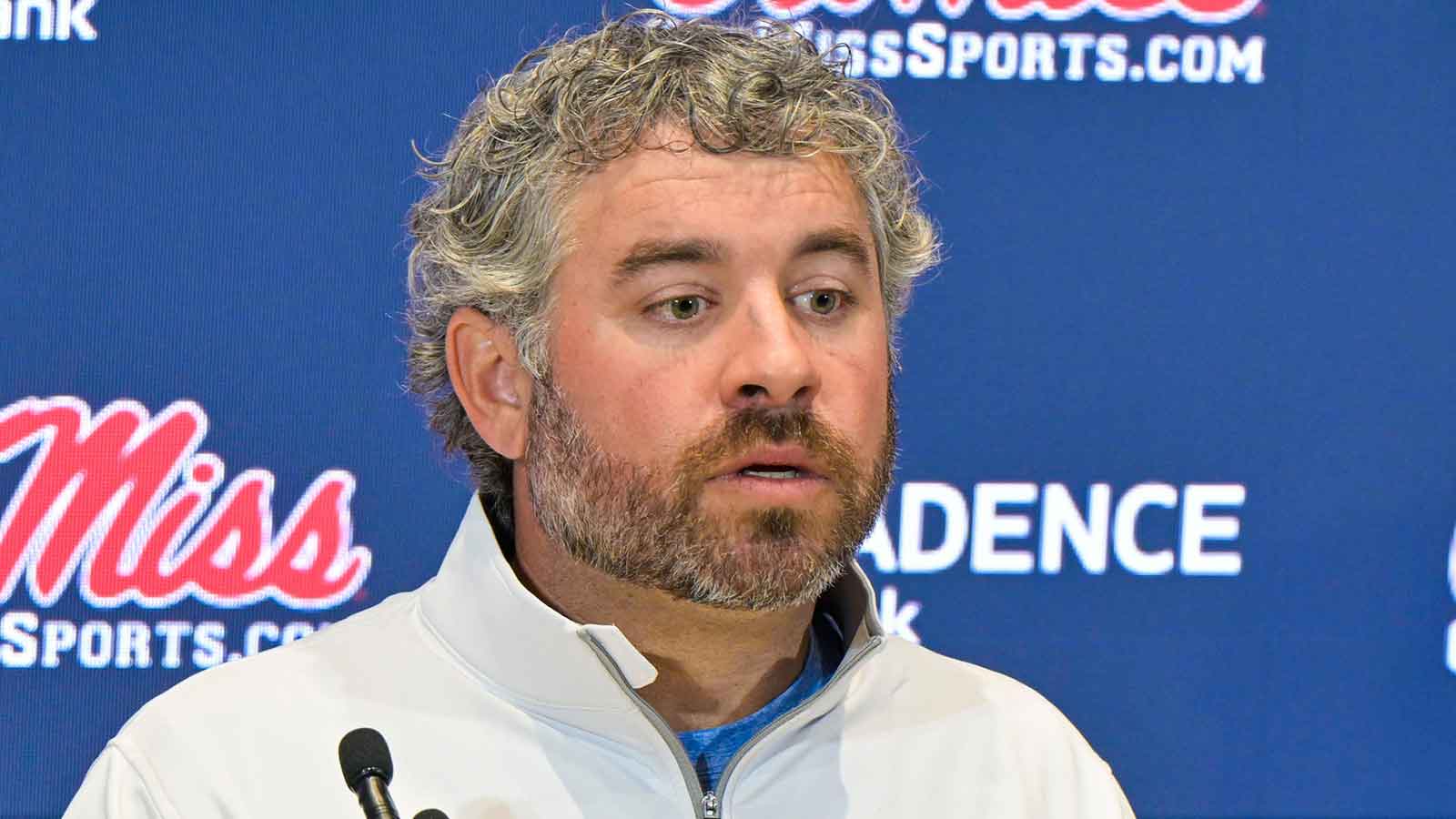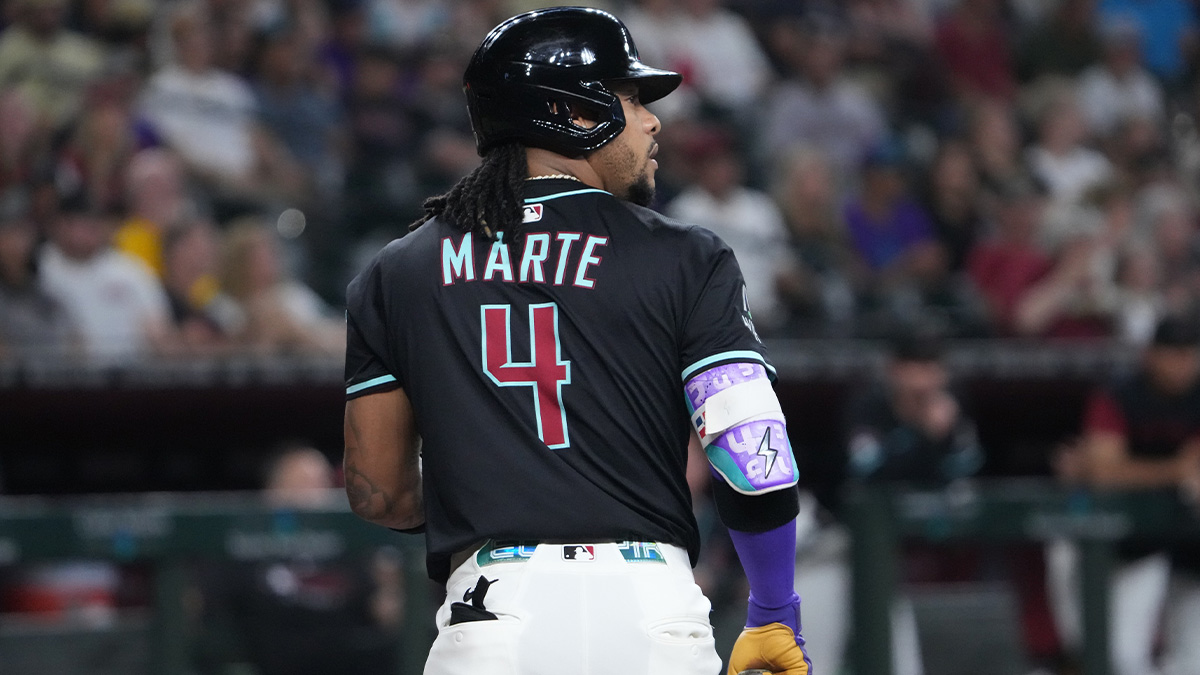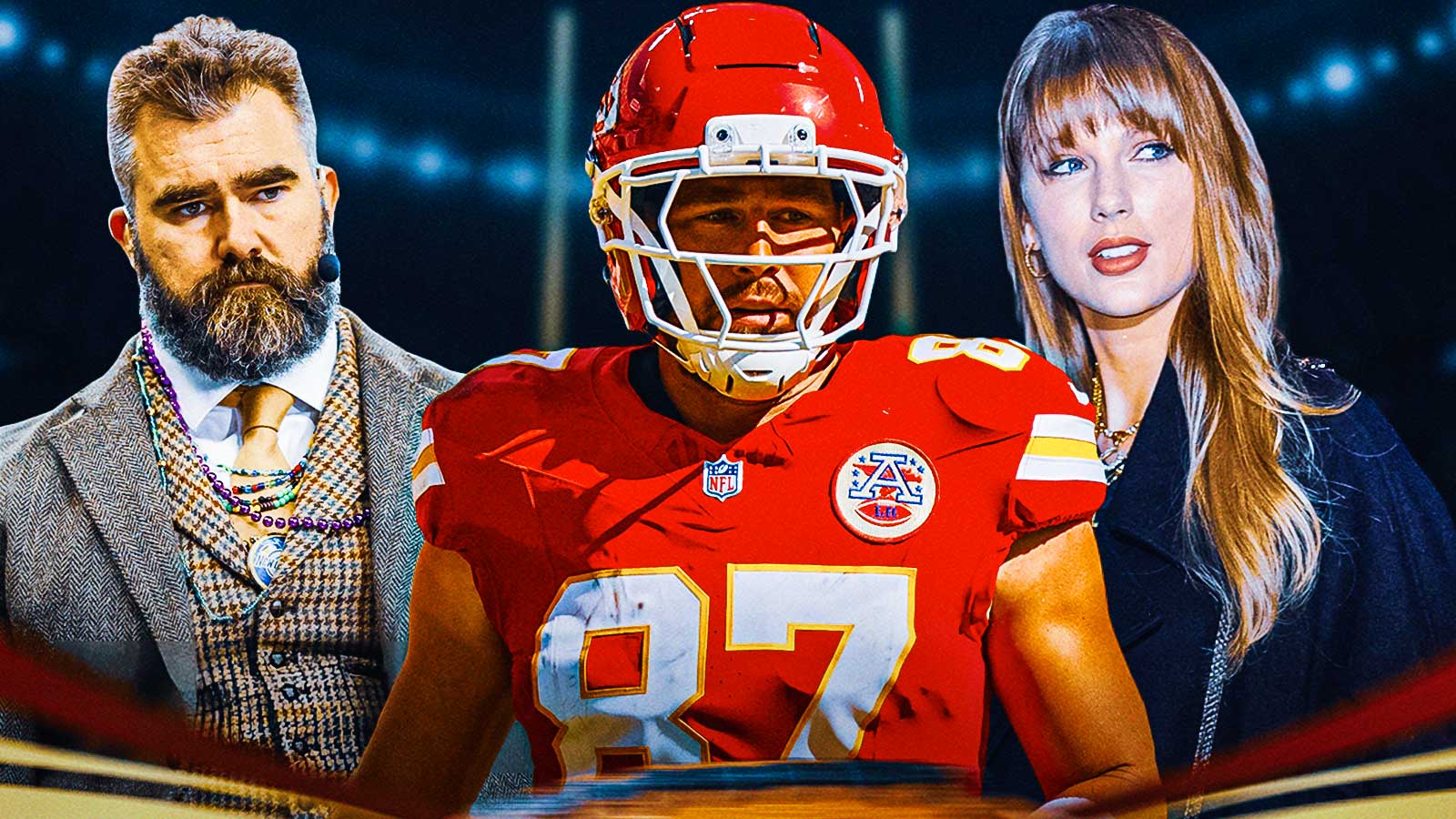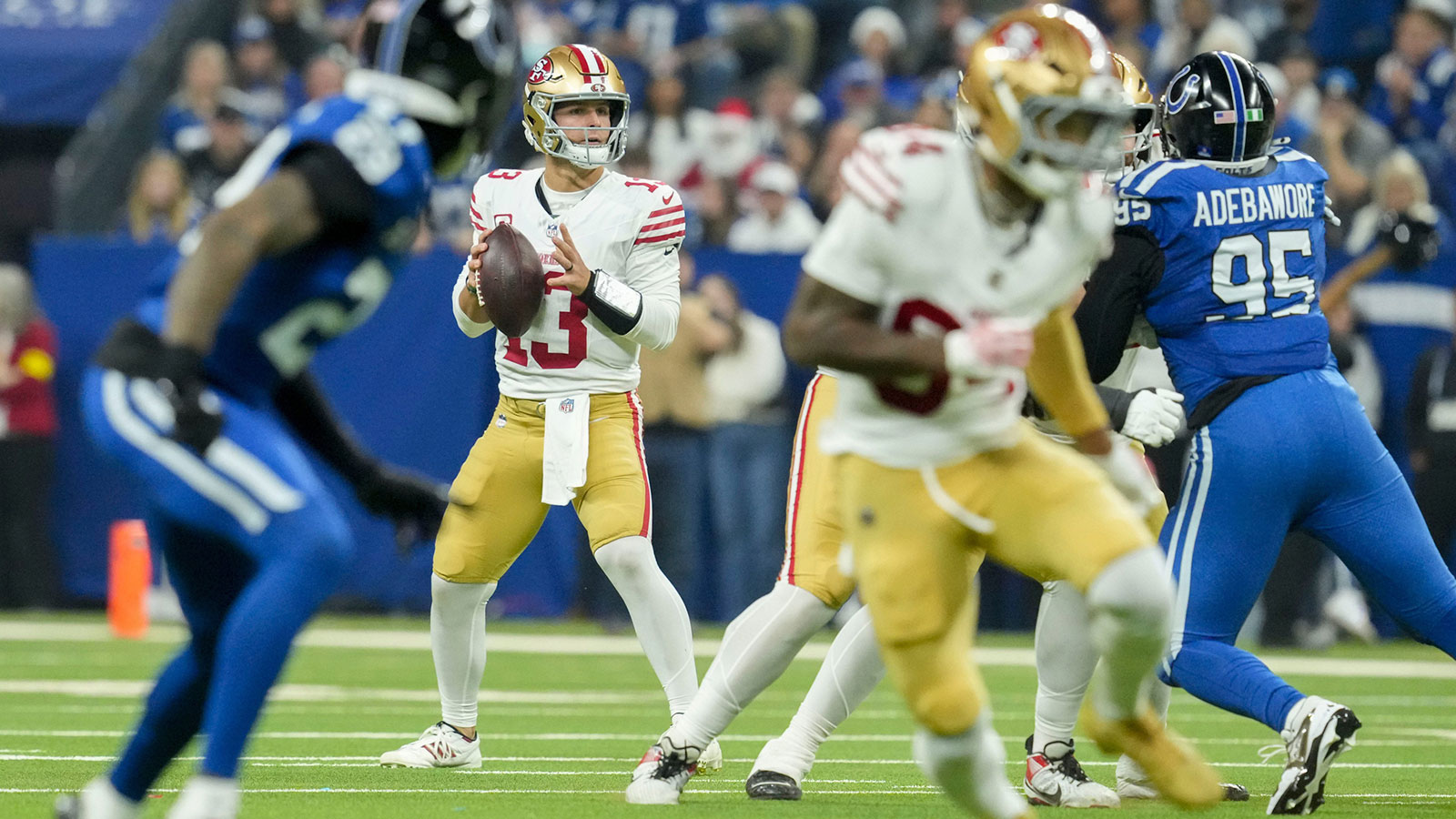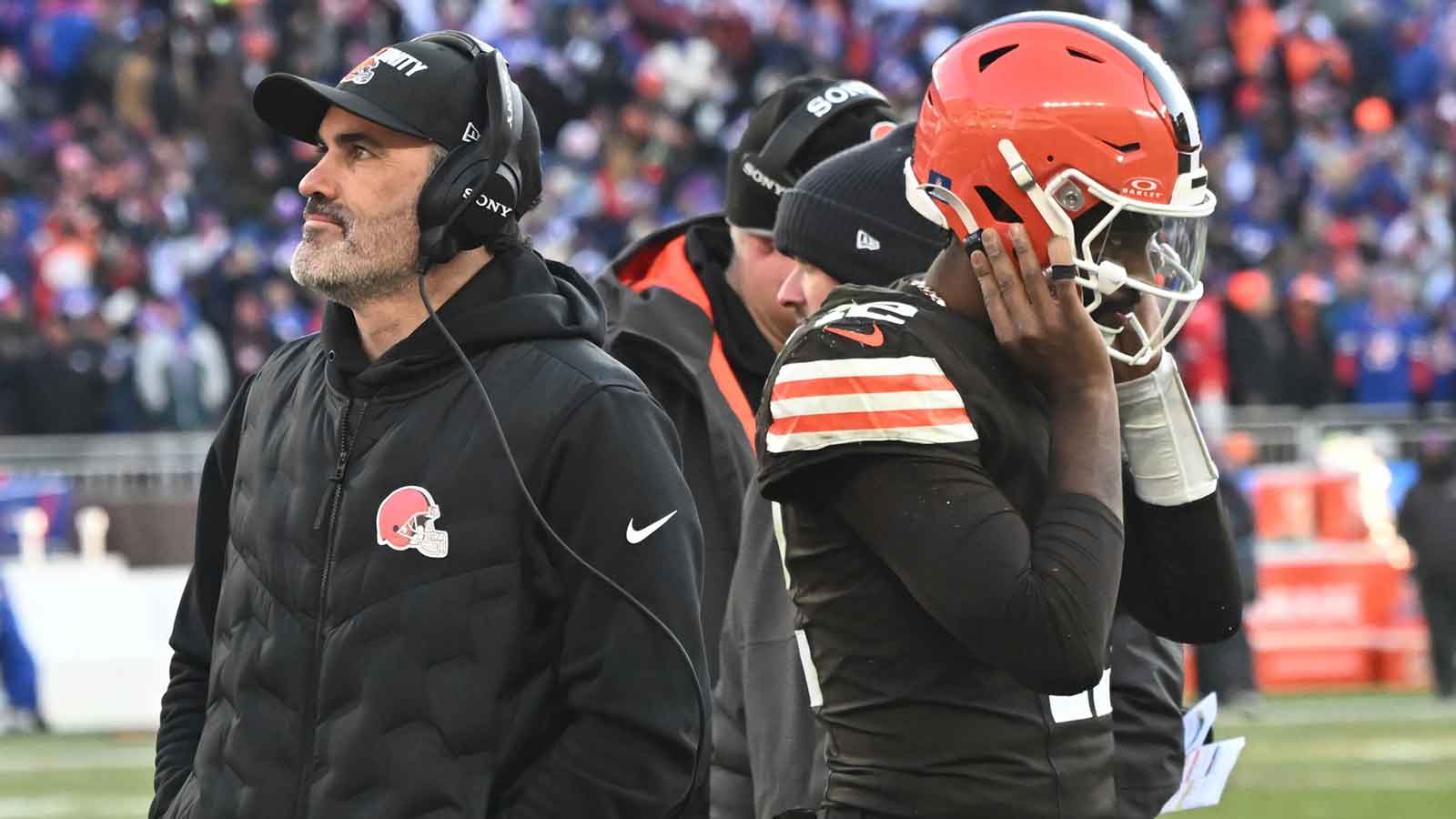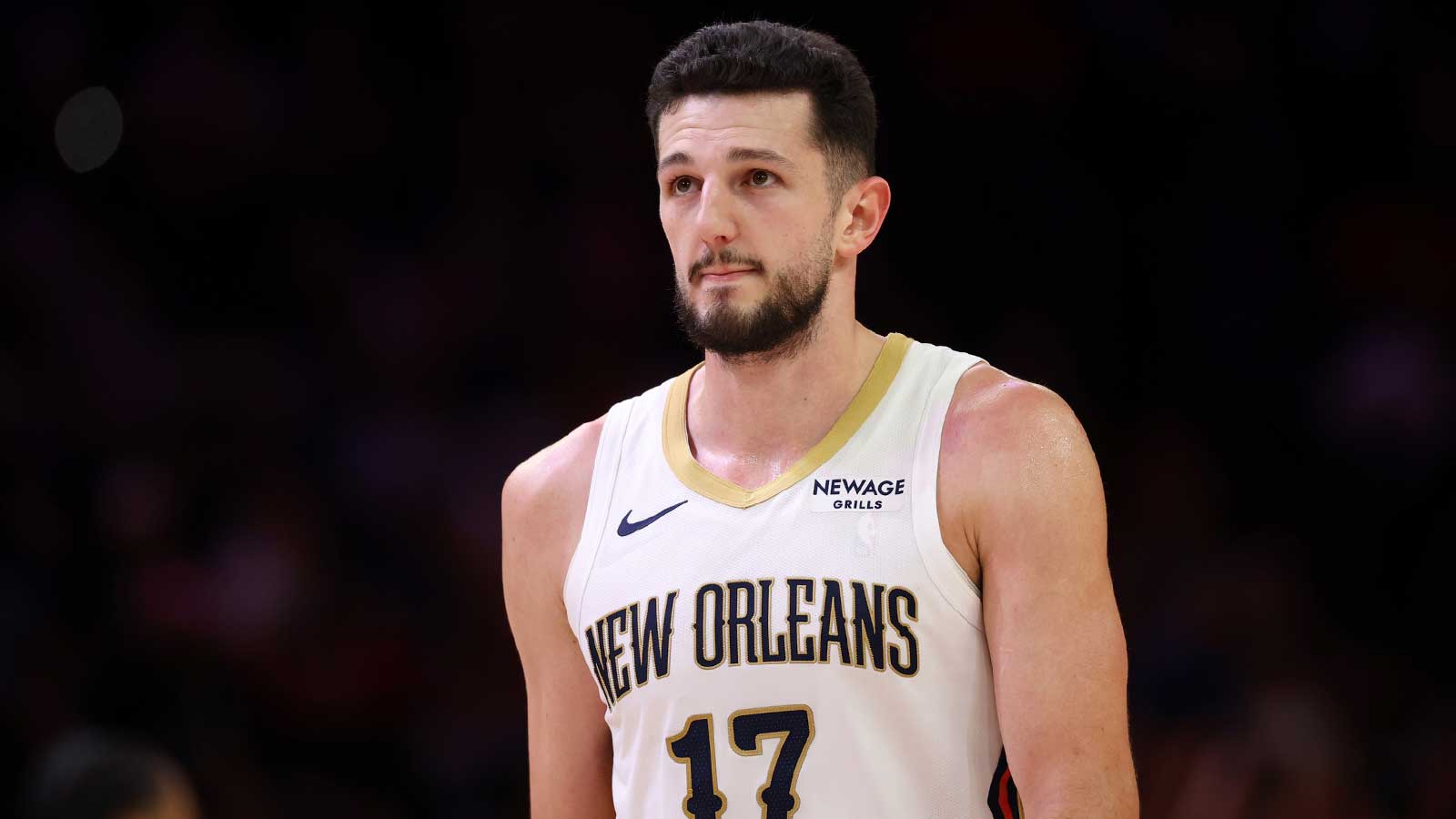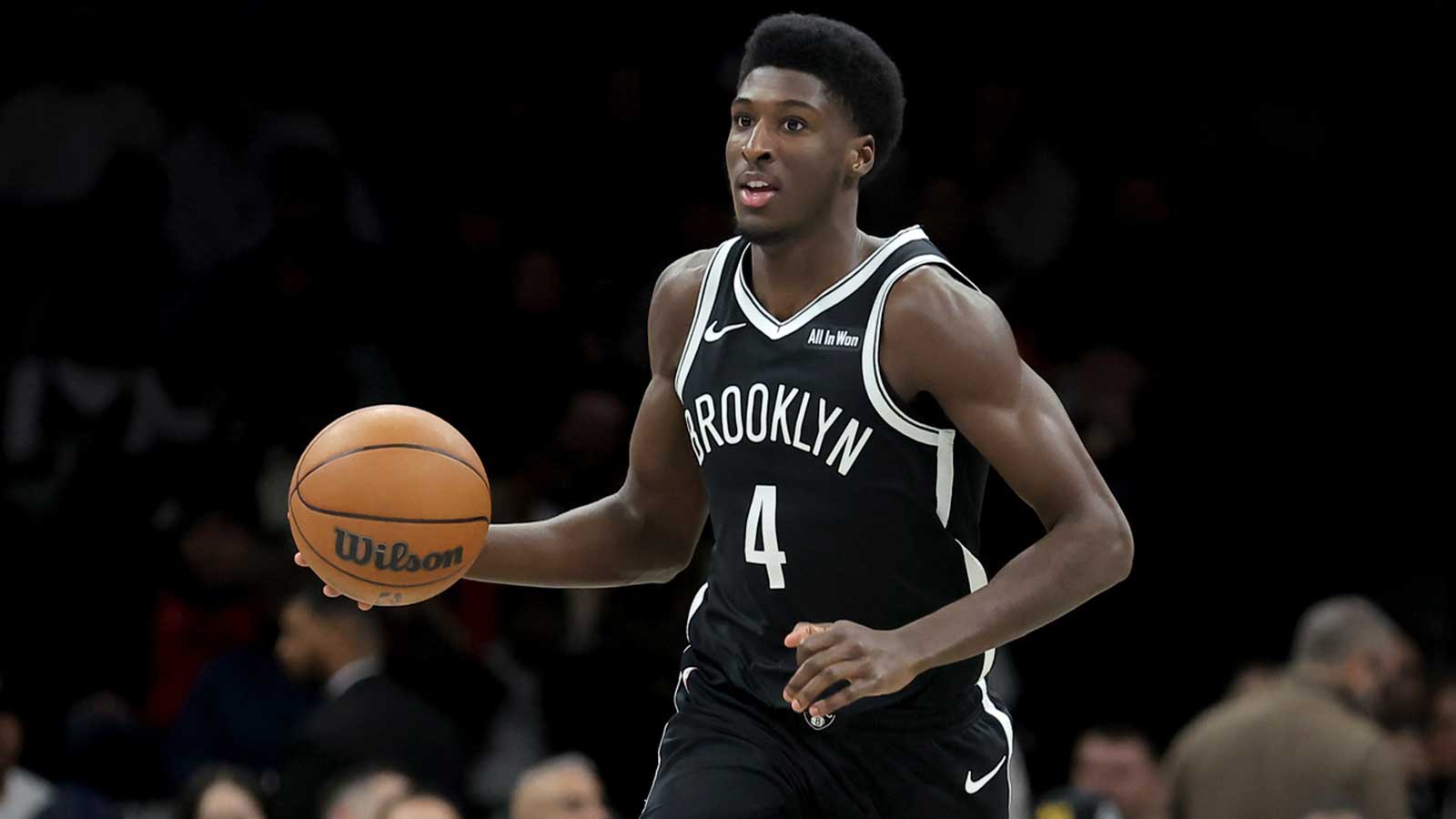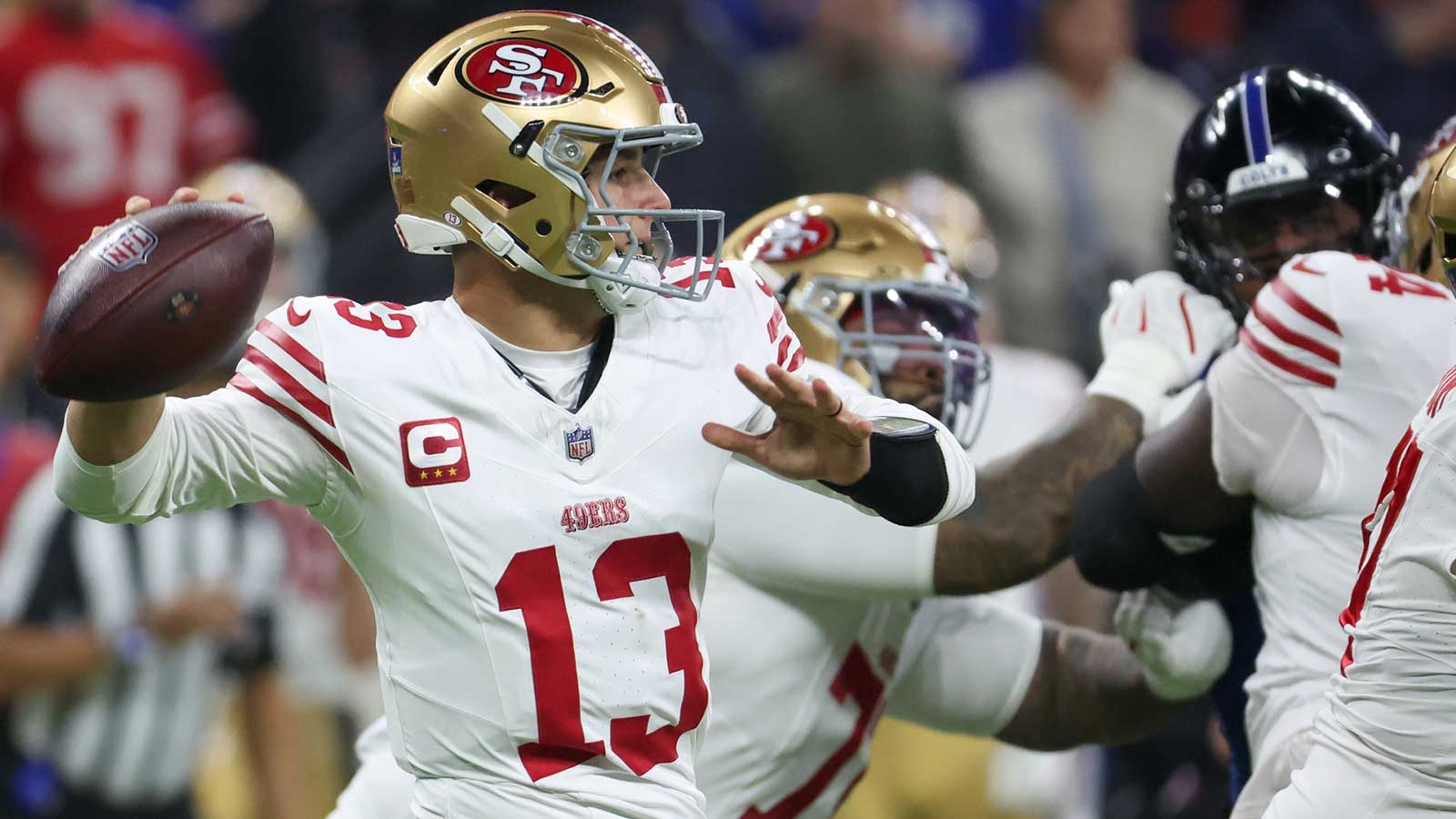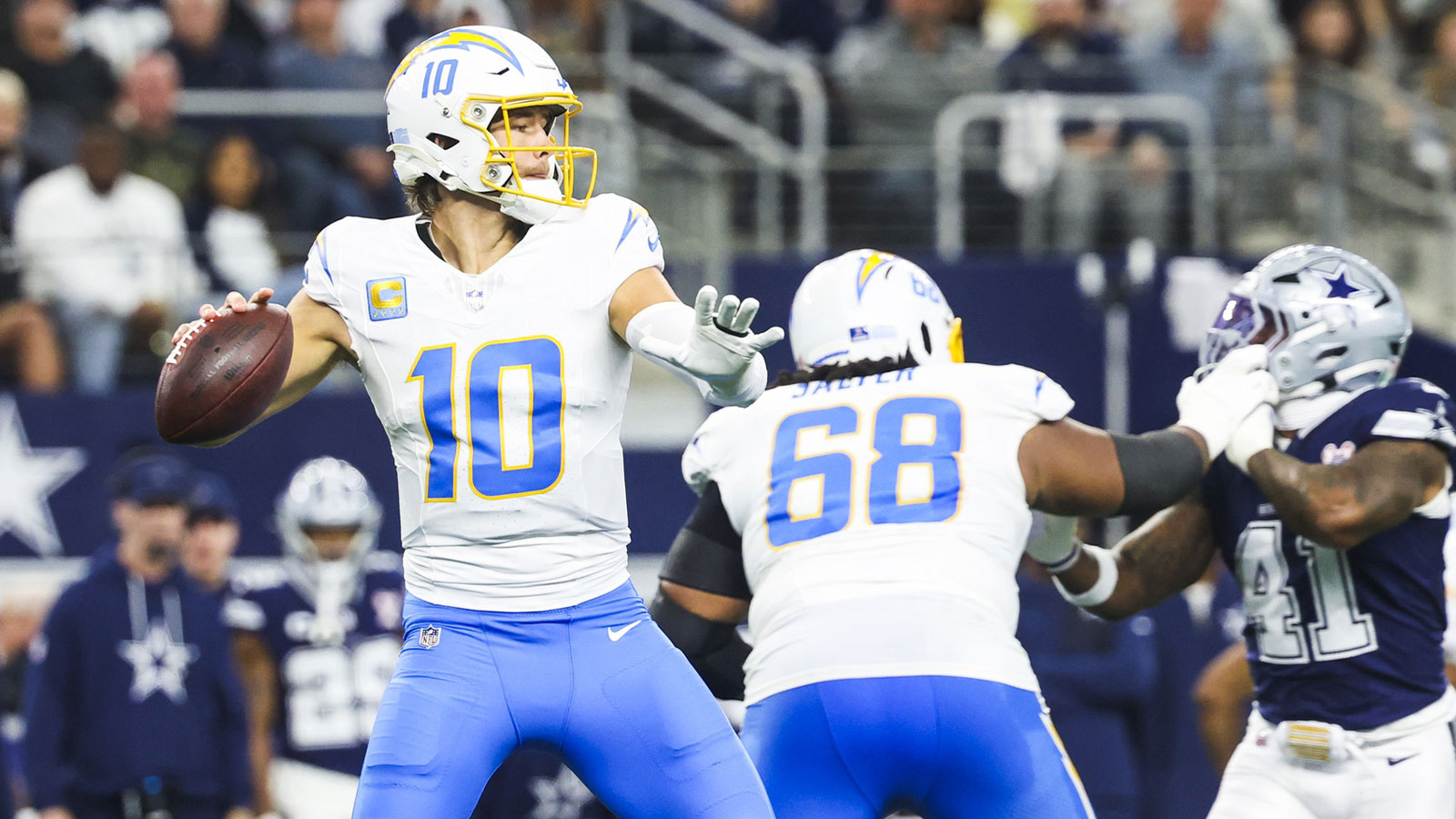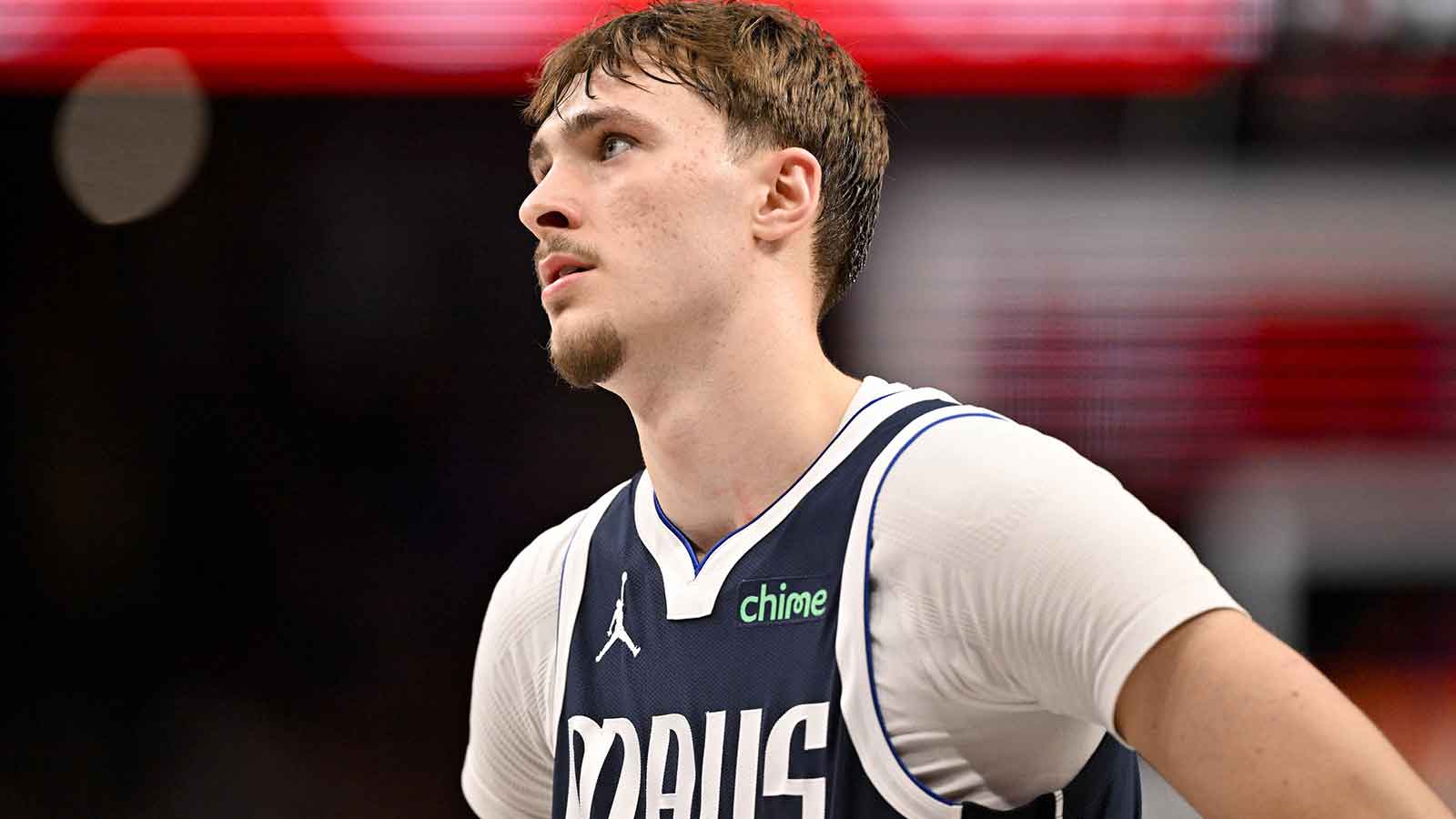Two factoids about the upcoming NBA Finals matchup between the Los Angeles Lakers and the Miami Heat that you've :
- The Heat are the first no. 5 seed or lower since the 1999 New York Knicks to reach the Finals
- LeBron James has now made more Finals appearances (10) than 27 of 30 franchises
The NBA, historically, has been a relatively predictable league, particularly before modern free agency. The league has produced few Cinderella runs, and projecting which teams will generally be good or bad is easier than any other sport.
If Miami can pull off the upset, they would undoubtedly join the following list of the more improbable champions in NBA history.
2018-19 Toronto Raptors
Masaj Ujiri made bold gamble before the 2018-19 season: Kawhi Leonard had one year left on his deal, clearly wanted to play in L.A., and had missed most of the prior season due to a combination of injury and spite.
Yet, Ujiri traded All-Star DeMar DeRozan (among others) for Leonard, wagering that a season with the Raptors organization could convince Leonard to stay long-term.
It was not surprise that Toronto were one of the better teams in the East, but few envisioned the season concluding with the Raptors beating the Warriors in the Finals (of course, injuries helped).
Leonard did consider staying in Toronto before joining the Clippers. Nevertheless, the title run did more than validate the trade; it solidified the Raptors as an elite organization.
2010-11 Dallas Mavericks
Before the Miami Heat could win not two, not three, not four rings … they needed to get one.
The Mavs’ silencing of the Heatles in the 2011 Finals was not only one of the more shocking Finals developments in history — it was also one of the most satisfying. James, Dwyane Wade, and Chris Bosh had embraced the heel role, and seemingly nobody outside of South Beach and their families in their corner. The Mavericks were coming off a customary 57-25 season, and after a decade of contention and playoff heartbreak, it turned out to be their time — a reality that snuck up on everybody in the postseason.
Dallas defeated an upstart Portland Trail Blazers team in the first round then swept the imploding Lakers. They rolled the favored Oklahoma City Thunder in the conference finals, but were heavy underdogs against Miami.
The Mavs initially looked a step slow in the Finals, losing Game 1 and falling behind in the second half of Game 2. With the season nearly on the line, Finals MVP Dirk Nowitzki caught fire — as he had all postseason.
You know the rest: Rick Carlisle made key adjustments (see: J.J. Barea), LeBron froze, and the Mavericks took the series in six games.
Nowitzki earned his long-awaited ring — rewarded for staying in Dallas — and avenged the controversial 2006 Finals, as well as some unappreciated taunting from James and Wade.
While doing so, Nowitzki played the best basketball of his career during the NBA Playoffs (27.7 PPG, 8.1 RPG, .486/.460/.941 splits), Tyson Chandler dominated the interior, and the Mavericks produced a reel of “BANGs!”
Jason Kidd, Shawn Marion, Caron Butler, and Chandler earned their first rings, while Jason Terry validated his tattoo.
2003-04 Detroit Pistons
No offense to Jimmy Butler and Bam Adebayo, but the Heat are attempting to pull off what the Pistons last accomplished in 2004, which remains one of the rarest feats in basketball: winning a title without a true superstar.
In basketball, in particular, one star can have a disproportionate impact on the game. Accordingly, the NBA championship is almost always won by squads with at least one elite star. The Pistons didn’t have a bona fide superstar, but that doesn’t mean they weren’t stacked.
Finals MVP Chauncey Billups, Defensive Player of the Year Ben Wallace, All-Star Richard Hamilton, 2008 gold medalist Tayshaun Prince, and the legend Rasheed Wallace (acquired midseason) formed a balanced, bruising, and intelligent lineup that was brutal to score on.
Despite their strong form after acquiring Wallace, Detroit’s dearth of star-power put them as heavy underdogs against a Lakers team with Shaquille O’Neal, Kobe Bryant, Gary Payton, and Karl Malone.
But, 2011 Mavs-Heat, the ‘04 Finals became a kind of thesis statement on team basketball. The Lakers, plagued by chemistry issues, crumbled to the united Pistons in five games.
1994-95 Houston Rockets
The Rockets followed up their 1993-94 title run with an underwhelming regular season. They limped their way to 47 games and a no. 6 seed.
However, their “heart of a champion” kicked in once the playoffs got rolling. The defending champs took down three imposing 50-win squads in the Utah Jazz, Phoenix Suns, and Spurs. In the Finals, the Rockets’ rode their experience and depth (and two Nick Anderson free throws) to a sweep over the Orlando Magic.
Hakeem Olajuwon out-dueled 23-year old Shaq, averaging 32.8 PPG, 11.5 RPG, 5.5 APG, 2.0 BPG, and 2.0 SPG. Clyde Drexler — acquired the previous offseason — averaged 21.5 PPG, 9.5 RPG, and 6.8 APG in the Finals. The supporting cast of Mario Elie, Sam Cassell, and Robert Horry all averaged in double figures.
The ’95 Rockets remain the last champion to win fewer than 50 games in an 82-game season.
1977-78 Washington Bullets
To this day, the ’78 Bullets have the fewest regular-season wins (44) for a championship team, but they saved their best basketball for the postseason.
They defeated the Atlanta Hawks (2-0) in the first round, then topped the San Antonio Spurs and heavily-favored Philadelphia 76ers, both in six games.
The Bullets had been to the Finals twice that decade (1971, 1975), swept both times. In ’78, though, they gutted out a seven-game victory over the Seattle SuperSonics, including a Game 7 road win — a feat that was not accomplished again until the Cleveland Cavaliers beat the Golden State Warriors in 2016.
The ’78 ring remains the only NBA championship for the D.C.-based franchise.
Washington was led by Hall of Famer Wes Unseld, who averaged just 9.0 points and 11.7 rebounds in the Finals but was still named MVP. “The Big E”, Elvin Hayes, led the team with 19.7 PPG and 13.3 RPG during the season.
The Sonics would avenge the defeat over the Bullets in the ’79 Finals.
1976-77 Portland Trail Blazers
If anyone questions the potential advantage of home court, point to the ‘77 Blazers. Led by Bill Walton and head coach Dr. Jack Ramsey, Portland won 49 games before finding some form of hoops nirvana during their iconic playoff run.
“Blazermania” engulfed the city, and the team clearly benefited. Portland won 45 of 51 home games in 1976-77, including 10-0 in the playoffs.
In the NBA finals, the Blazers dropped the first two games to the vaunted Philadelphia 76ers led by Julius Erving, but Walton and co. stormed back to win four in a row and win the franchise’s only title, playing some of the most beautiful team basketball of all-time.
They looked on their way to having one of the greatest season of all-time the following year until Walton injured his foot with the team at 50-10. The injury ended the team’s title hopes, along with Walton’s tenure in Portland.




